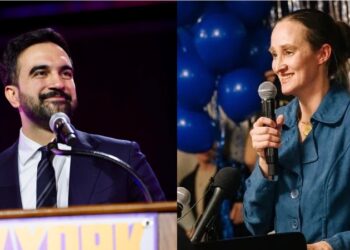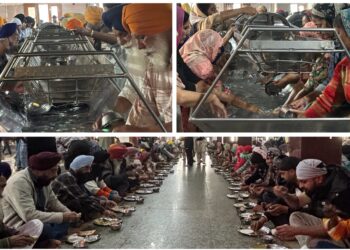An Indian student living in Melbourne was confronted by a bus driver, who had been eavesdropping on her phone conversation, about her political views. This student alleges that the bus driver continued “lecturing me until I eventually left the bus feeling unsafe as all passengers had left.” We are not publishing the student’s name for her privacy and safety.
[On Wednesday, 27/03/2022], I boarded the usual public bus [Bus 505 towards Moonee Ponds] from work to home at around 4:35 PM [Morrah st/Ryal parade] and was talking to my friend on the phone the entire time. I am a researcher and was discussing my recent work in governance and policies in my home country, India. My friend shared some current affairs from our country, and we were discussing how racial and religious differences in the society are engendering social inequity and why a country’s governance should focus on bridging these gaps rather than accepting them.
The entire time I was sharing ‘My’ political views and research analysis with my friend. But just as I was about to get down at my stop, the driver stopped me and asked for permission to talk. I politely asked what the matter was, and he immediately questioned me why I had such political views about ‘his’ country?
That’s when I figured we shared the same nationality. I replied, ‘Brother, you might have different views, but I was just sharing my opinion with a friend, which is my ‘personal matter.’
Not satisfied with my answer, he continued lecturing me on why no one should dare speak ill of this political party and governance, narrating unasked incidents of corruption from other political parties.
Read: Visa update: Course change would not be allowed for international students in Australia
I respect his opinions, but I didn’t intend to discuss my personal ideologies with this stranger. Nor did I expect a safety-approved bus driver from Victorian public transport to eavesdrop on a passenger’s conversation. Moreover, the influence of extremism in his thoughts and denial to accept other opinions was so strong that he, despite being on duty, stopped at the same spot for well over the designated time, even after all passengers sitting on the bus had to get down due to frustration. He continued lecturing me until I eventually left the bus feeling unsafe as all passengers had left.
I came to Australia as an international student. Ever since I landed in Victoria, I’ve been in awe of the warmth and love that Victorian communities provided me during a global pandemic. But unfortunately, the first time I felt unsafe in a foreign country was by someone from my national heritage.
This takes me back to the fact that nationality, race, religion, or any other sub-sectional domain is a categorisation of humans based on demographics and culture, not behavioural traits. Yet, people often associate behaviours with sectional categorisation, leading them to expect certain traits from people based on racial categories falsely, so are stereotypes born. And within a world filled with humans sharing varying levels of competencies and awareness, stereotypes can lead to extremism. It is, therefore, vital to time and again realise that we’re just humans—an animal race with a heightened and evolving mind, which can sometimes be confusing. Giving our minds the space to understand conflicting views is thus vital.
Follow NRI Affairs on Facebook and Twitter for latest updates. Support us on Patreon.
Every human has a unique perception of the dynamic world around them. These individual traits combined are the strength of human communities; therefore, respecting every individual and their views is indispensable for thriving communities. However, dogmatic views formed on stereotypes and inconsiderate attitudes toward differing opinions can take a thriving society towards its fall. It is, therefore, crucial to be cautious of extremism before it’s too late.
(The incident has been reported to the bus service provider.)
The views expressed in this article are those of the author/s and may not necessarily reflect the editorial views or position of NRI Affairs.











